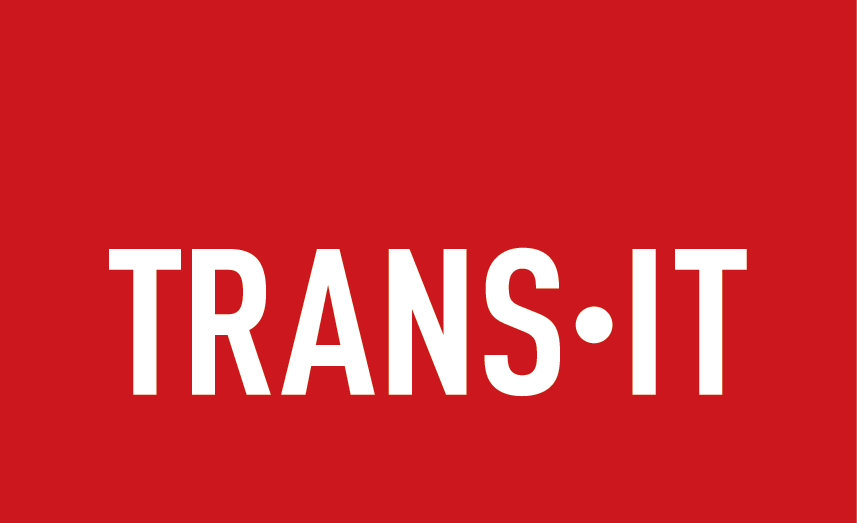The date when the UK will leave the EU is approaching. How this will play out is constantly changing. In this article, we will outline potential consequences of the most likely scenarios and how this will affect the shipment of ship spares.
It is currently uncertain how the UK will leave the Union, and after the recent weeks' development, two main scenarios stand out more prominently than others: a so-called soft Brexit or hard Brexit. Also, most recently, a postponement of the exit date seems to have become more likely. For ship spare parts, said alternatives would affect mainly two areas: the first is the general possibility of transporting goods in and out of the UK, and the second would be customs-related. Customs consequences will also have an extra cost element. In short, the type of withdrawal will determine how substantial delays will be on shipments and customs clearance. A postponement will probably have little to no effect; a soft Brexit will have some impact at the beginning, but it is hard to say how much; a hard Brexit would most likely mean significant delays and possible additional costs. In addition, the fact that companies are preparing for eventualities may cause some delays in the period leading up to the exit date of March 29th at 23:00 GMT.
Delays in the shipment of time-sensitive orders can result in significant additional costs for you. Thus, we recommend taking preventive measures. That is, at a minimum, moving time-sensitive orders out of the UK and into our main hub in Europe. The additional cost of this transaction is balanced by the necessary freedom and opportunity to launch a shipment quickly.
Soft Brexit
We expect longer transit time for shipments and a more extended customs clearance period during the two-year transition period. This means you should expect a longer transit period for goods to move out of the UK both because of transport queues and more extended customs clearance.
By a "Soft" Brexit, (i.e., the UK approves the withdrawal agreement negotiated with the EU), the status quo is set for a period of two years, and the "Political Declaration*” governs the relationship. During this period, new agreements will be negotiated so the transport of goods can continue between the UK and the EU.
As new scenarios are introduced in the two-year period, there may be temporary accumulations of goods, but, hopefully, this will be manageable. The same also applies to the customs treatment itself. New customs handling rules will gradually replace the free flow within the Union, but it will likely lead to prolonged customs clearance until all arrangements are in place. At one point, the customs clearance will also be more expensive, since goods from the UK will likely have the same status as goods from, for example, Norway (i.e., T1 status). This will result in an increased customs clearance cost on par with prices via Norway.
• There is, therefore, a reason to believe that both the actual transport time and the customs handling time will be longer than it is today, which means you must allow for extra time before an order is processed and ready to be sent out.
Hard Brexit
Here we may experience some degree of chaos. Probably the alternatives within each type of transport will be fewer, which will result in significant queues for getting goods in and out of the UK. Likewise, there will be considerable uncertainty about customs clearance, which in turn will lead to congestion. The result will be significant transit times, both in and out of the UK.
The so-called hard Brexit option means the UK will leave the Union without an agreement, but regulated through a contingency regulation prepared by the EU against the UK. If we start with the possibility of transporting, it will undoubtedly be there, but it is also very likely that the transport time will be extended. In the short term, there will probably be a considerable accumulation of goods that are going in and out whether it is via air, road, ship or train. The transit time would likely then be somewhat longer, but long-term this will eventually normalize. Customs-wise, the UK will most likely get a status almost like Norway or countries in the EEA. That is, all goods in and out of the UK must be customs cleared and get a T1 status. This is not a problem when all processes are up and running, but will probably generate some confusion in the beginning and, thus, result in even longer transit times. There are also additional costs associated with the T1 status.
• As with a soft Brexit, it is expected that a hard Brexit will result in both extended transport time and customs handling time. However, because there is considerable uncertainty about what is happening, it will also be uncertain who can transport the goods, and thereby additional queues with providers who have the necessary licenses and permits. (more on this)
Conclusion
The main conclusion for both scenarios is the necessity to calculate more time in all transactions, both for customs clearance and for the actual transport, whether it is in or out of the UK. It will make sense to move goods that are scheduled for delivery in the EU, or shipped with goods from the EU, to our hub in the Netherlands and thereby save T1 costs and not lose time on significant time-sensitive orders.
Contact your Key account for more info.

